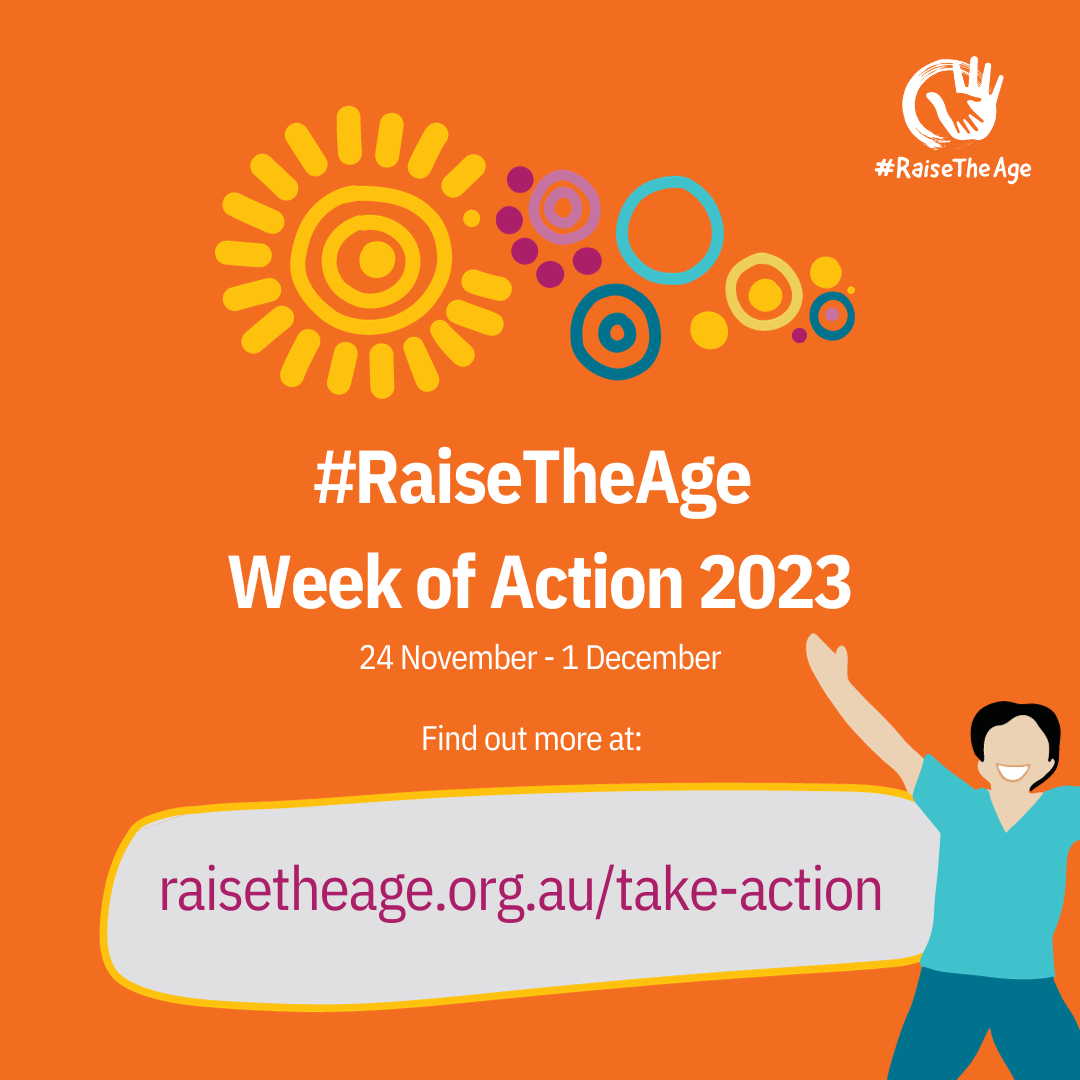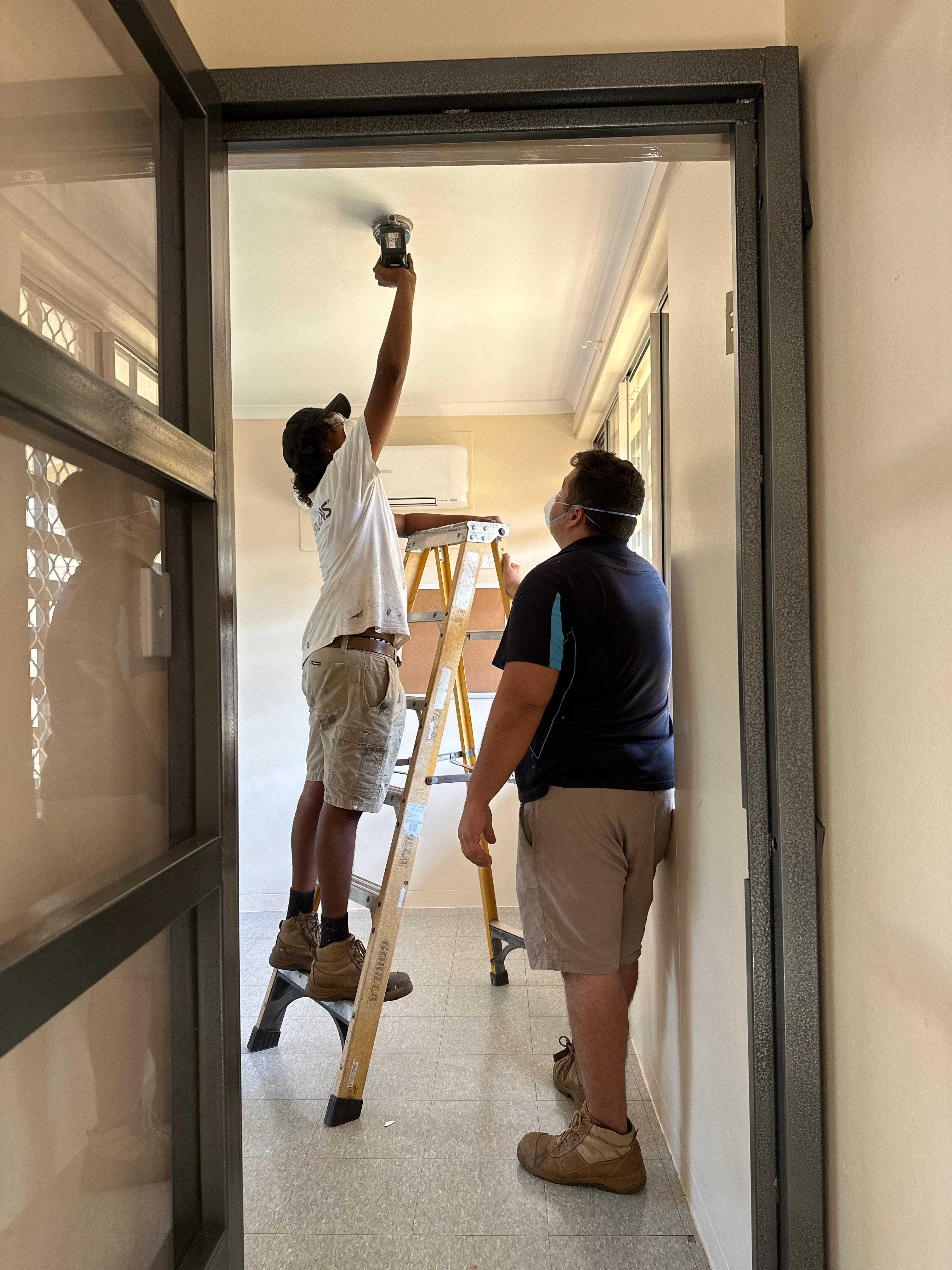Doli Incapax - Raise the Age
Now that CASPA has signed up to the Raise the Age campaign, I thought it might be time to express a few thoughts on the concept of ‘capacity’ as the law understands it – the age of criminal responsibility.
To be able to be charged with, prosecuted for and convicted of a crime, an accused has to be proven beyond reasonable doubt to have the capacity to commit that crime.
In most cases that is a given. The two real exceptions both relate to mental capacity. The first exception is the issue of mental illness. Mental illness can be a defence to any criminal charge. Because it is a defence, it has to be raised by the accused, on the balance of probabilities. Once raised, it is for the prosecution to rebut, or disprove, the defence.
The defence must show that the accused (as a result of a defect of reason from a disease of the mind) did not appreciate the nature and quality of the physical act, in other words that they did not know it was wrong, according to the ordinary standards of reasonable people in our community.(my emphasis)
The second exception is the one I wish to talk to here. Because of the very nature of the work we do in CASPA we have in our care and protection, at any one time, a large number of children aged 14 and under. How does, or how should, the criminal justice system treat them?
Here comes the Latin, with the assistance of my Osborn’s Concise Law Dictionary of 1954.
Doli incapax is a Latin phrase describing a principle of the common law which as been around for some 400 years. It translates as ‘incapable of crime’. In its basic form it states that an infant between the ages of 8 and 14 is presumed to be doli incapax but this presumption may be rebutted by evidence of ‘mischievous discretion’, or guilty knowledge that s/he was doing wrong.
That phrase is associated with another Latin concept ‘malitia supplet aetatem’, which translates as ‘malice supplements age’.
You can see straight away that the two concepts do not sit easily side by side. Does the prosecution have to prove merely ‘mischievous discretion’, or is it guilty knowledge of doing wrong, or is it malice?
The common law position in Australia has been clarified by the High Court in the decision of RP v The Queen decided in 2016. I will return to that decision later.
We start from the basic understanding that all Australian States and Territories have declared that no child under 10 can ever be found guilty of an offence. For children aged 10 to 14, doli incapax is available in every jurisdiction.
In New South Wales, South Australia and Victoria it is based on the common law. In the other States and Territories it has been enacted by legislation.
[I pause here to interpolate that most European countries set their age of criminal responsibility between 14 and 16 years. In Denmark, Finland, Norway and Sweden the age is 15 years. The minimum age in Austria, Spain, Hungary, Italy and Germany is 14 years].
By reason of CASPA’s spheres of operation, this paper will deal with the position in New South Wales (common law) and the Northern Territory (legislation).
In the NT the position is set out in section 38 of the Criminal Code. This provides that: “ a person under 14 is excused from criminal responsibility for an act….unless it is proved that at the time of doing the act…he had capacity to know he ought not do the act”.
Section 38 of the NT Criminal Code is in identical terms to section 29 of the Qld Criminal Code. In that State it was held in 1997 that it is not necessary for the prosecution to prove actual knowledge that the act was wrong, only the capacity to know that the person ought not do the act. Such a decision is far more favourable to the prosecution than is the common law.
In layman’s terms, the presumption now is that a child between the ages of 10 and 14 cannot commit a crime because they do not understand the difference between right and wrong. The presumption exists in every prosecution of a child under 14. It is an essential proof in every case. In every such case, the prosecution has to produce proof beyond reasonable doubt that the child knew that what they did was seriously wrong behaviour and not merely naughty behaviour. [Out the window goes ‘mischievous discretion’].
What type of behaviour is ‘seriously wrong’? It has been said “It is not enough that the child realized that what he or she was doing was naughty or mischievous. It must go beyond childish things of that kind”. No other definition is available.
It is important to note that it is not sufficient for the prosecution to state that the accused child has the requisite knowledge, simply because other children of the same age would have known it was seriously wrong. The presumption creates the requirement that the prosecution prove that the particular child has the knowledge.
Further, the evidence to prove the accused’s guilty knowledge must not be the mere proof of doing the act charged, however horrifying or obviously wrong the act might be.
Of course, the older the child, prima facie, the easier it will be for the prosecution to prove guilty knowledge.
Where the prosecution seeks to rebut the presumption there are a number of areas of evidence which might be canvassed. I note here that it is important that these expressions of fact/opinion are time relevant (that is, as close as possible to the date of the offence charged) not months or years after the offence, especially if the accused has been on remand, by which time their moral compass would undoubtedly have changed.
This evidence might include:
- any admissions/statements made by the child (so long as legally admissible);
- the behaviour of the child before, during and after the act;
- evidence from parents, family members and/or teachers;
- evidence from psychologists and/or psychiatrists;
- prior criminal history.
In relation to (3), it must be remembered that section 18 of the Evidence Act allows a ‘parent’ to object to giving evidence for the prosecution against the child, where there is a likelihood that harm might be caused to the child.
In relation to (4) it is again important to remember that the onus is on the prosecution. The child has a right to silence, a right against self-incrimination, they cannot be forced to see a psychologist or psychiatrist.
In relation to (5) this is the area most fraught with danger. The fact that the child has a criminal record is not necessarily conclusive of guilty knowledge.
The fact that there are convictions per se is in my view irrelevant.
The convictions can only be relevant if they relate to similar offences (a conviction for shoplifting cannot assist in a case of assault).
It would also be necessary to go behind the conviction record to the facts and result of each hearing.
In any of the other hearings was doli incapax raised and dealt with by the tribunal of fact? Was the child ever questioned prior as to their knowledge of the wrongfulness of their actions?
Normally an accused’s prior convictions are considered irrelevant and indeed prejudicial in any hearing determining guilt. If that rule applies to adults, why should it not also apply to children?
If a child’s record is to be used as rebuttal evidence, why is there then less protection and more injustice for that child compared to an adult?
RP v The Queen
This was an appeal from the NSW Court of Appeal so it relates to the common law principles of doli incapax.
The High Court stated quite clearly that the rationale for the presumption of doli incapax is the view that a “child aged under 14 is not sufficiently intellectually and morally developed to appreciate the difference between right and wrong….”
Proof of capacity requires proof the child appreciated the moral wrongness of the act as opposed to the child’s awareness that their conduct was merely naughty or mischievous.
The fact a child believed an act was seriously wrong does not, of itself, provide an indication that the child appreciated the moral wrongness of the act.
The evidence going to rebuttal of the presumption must point to an inference which can be drawn beyond reasonable doubt that the child’s development is such that they knew it was morally wrong to engage in the conduct. This directs attention to the child’s education and the environment in which the child has been raised.
Where to now
The Australian Medical Association makes the following points:
Australia has one of the lowest ages of criminal responsibility in the world. The criminalisation of children is a nationwide problem that disproportionately impacts Aboriginal and Torres Strait Islander children. Most children in prison come from backgrounds that are disadvantaged. These children often experience violence, abuse, disability, homelessness, and drug or alcohol misuse. Criminalising the behaviour of young and vulnerable children creates a vicious cycle of disadvantage and forces children to become entrenched in the criminal justice system.
These comments have been echoed by the Australian Human Rights Commission.
As the Northern Territory Royal Commission found:
Any apparent punishment and deterrent value of detention is far outweighed by its detrimental impacts, particularly for the minority group of pre-teens and young teenagers.
The reality of this cohort’s developmental status; the harsh consequences of separation of younger children from parents/carers, siblings and extended family; the inevitable association with older children with more serious offending histories; that youth detention can interrupt the normal pattern of ‘aging out’ of criminal behaviour; and the lack of evidence in support of positive outcomes as a result of time spent in detention are all results of detention that are counter-productive to younger children engaging sustainably in rehabilitation efforts and reducing recidivism.
The Law Council of Australia has recommended as follows:
Raising the minimum age of criminal responsibility to 14 years would improve justice outcomes for some of our most vulnerable children and honour Australia’s commitments under international law, including promoting the best interests of the child. This would replace doli incapax altogether, significantly reducing complexity and confusion in our courts. Many children in detention have not been sentenced. There must be greater emphasis on evidence-based alternatives to detention, including intensive rehabilitation and welfare-based responses, justice reinvestment projects, early intervention, prevention, and community-led diversion programs.
Nicolas Harrison, B.A., LL.B., FAICD, FGIA.
Chair of CASPA Services and Director, CASPA Foundation



